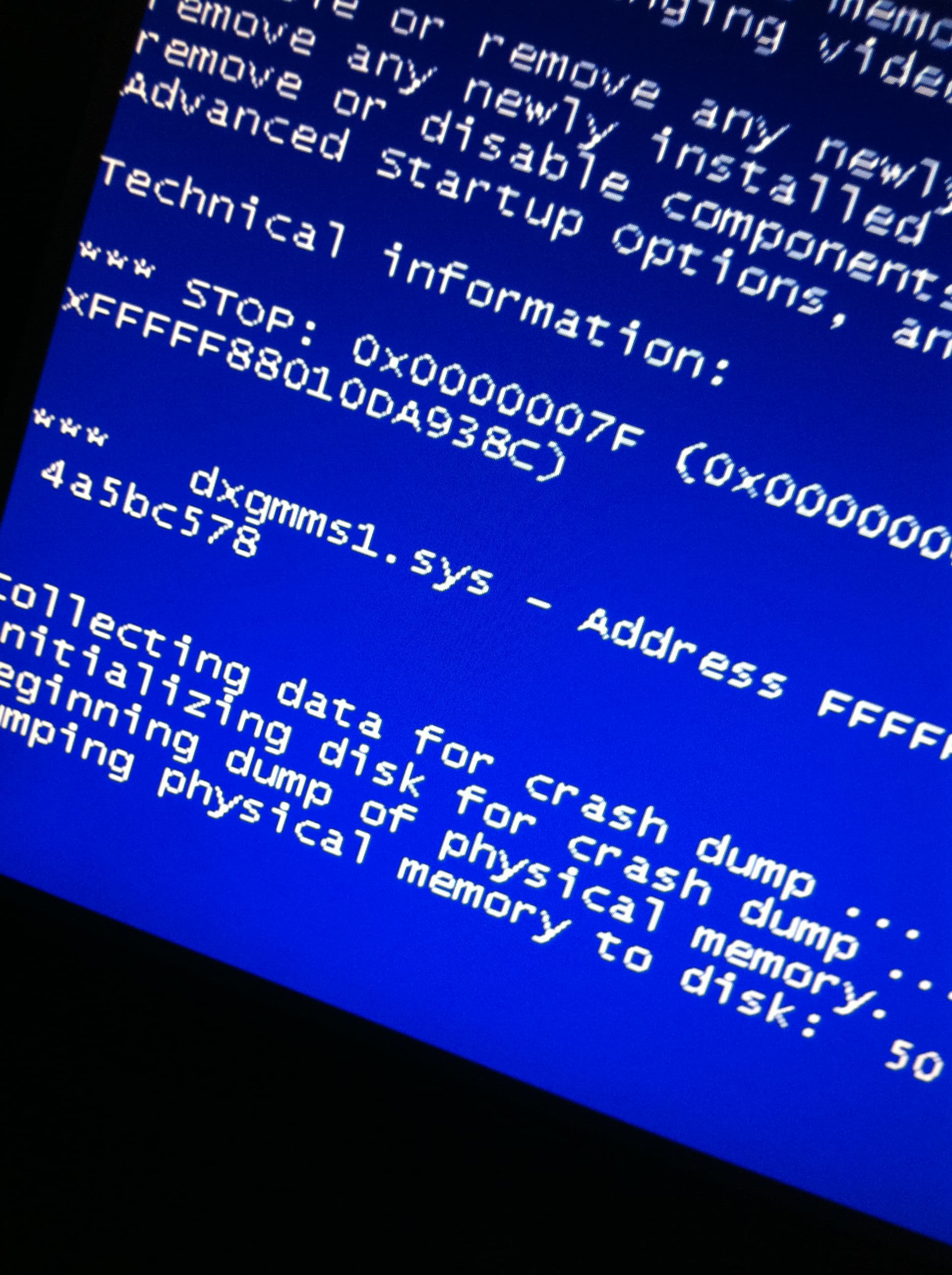Privacy International is pressuring the government to ban exports of British surveillance technologies to regimes that routinely engage in internal repression and serious human rights abuses.
(Privacy International/IFEX) – 19 July 2012 – The charity’s lawyers, Bhatt Murphy, have written to the Secretary of State for Business Innovation and Skills asking why, despite repeated requests, the government has failed to take any concrete steps to stop British surveillance technology being exported to regimes that routinely engage in internal repression and serious human rights breaches including unlawful detention, torture and enforced disappearance.
In the wrong hands, today’s surveillance technologies can have devastating effect. Human rights defenders, political dissidents and other vulnerable groups around the world are being targeted by increasingly sophisticated state surveillance, much of it supplied by British companies. Secret police in three continents are currently using British technology to enter victims’ computers and mobile devices, commandeer the cameras and microphones for surveillance, monitor all email, instant messenger and voice call activity (including Skype) and transform mobile phones into location tracking devices. Text messages and call records retrieved in this way have been presented to victims during subsequent torturous interrogations.
The use of British technologies by dictators and repressive regimes in the developing world has been common knowledge since April 2011, when the Guardian reported that Egyptian dissidents had found a proposal document from Hampshire-based Gamma International in the ransacked headquarters of Mubarak’s secret police service. The product Gamma was pitching to Egypt was the FinFisher suite, a range of malicious software that infects a computer or mobile device using a fake update from what appears to be a legitimate source like iTunes, Blackberry or Adobe Flash. There is also evidence that this technology has been deployed in Turkmenistan, a one-party state that Human Rights Watch labelled “one of the world’s most repressive countries” in March 2012.
Under the Export Control Act 2002, the British government has the power to restrict exports of goods or technical assistance capable of facilitating internal repression or breaches of human rights. However, it has repeatedly chosen not to exercise these powers.
Privacy International has given the government 21 days to respond. If the government has failed to act by the time this deadline expires, Privacy International will file for judicial review and if appropriate seek an urgent injunction preventing British companies from maintaining and updating systems already previously sold to repressive regimes, and stopping any new exports in their tracks.
Eric King, Head of Research at Privacy International, said, “British companies have been peddling their wares to repressive regimes for years now. Publicly condemning the abuses of dictators like Al-Assad while turning a blind eye to the fact that British technologies may be facilitating these abuses is the worst kind of hypocrisy. The government must stop exports of British surveillance technologies to despotic regimes before more harm is done.”



